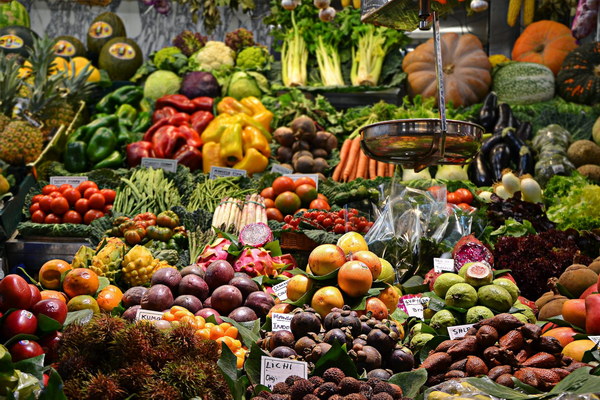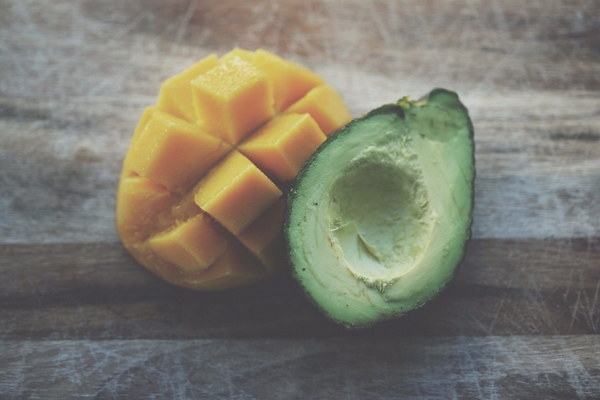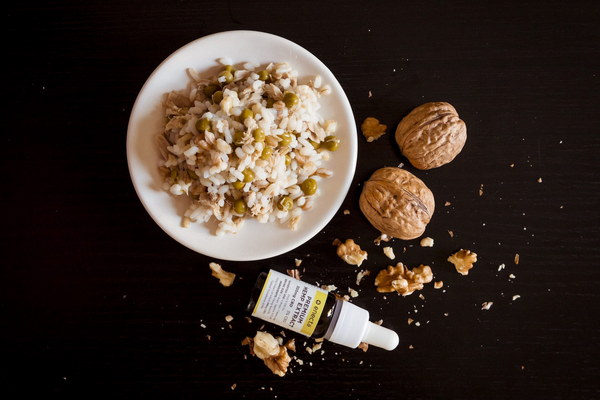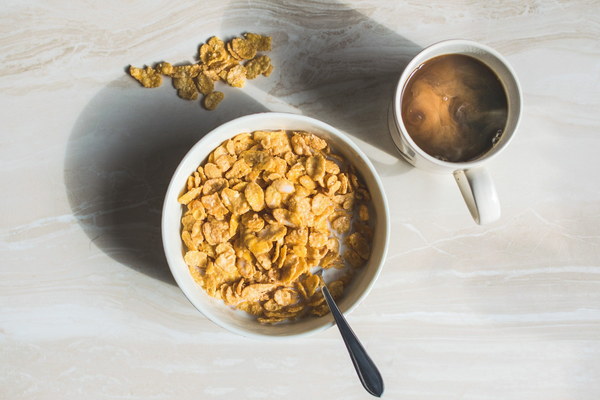Exploring Traditional Remedies Herbs and Supplements for Tonifying Qi, Blood, and Yin Deficiency
In traditional Chinese medicine (TCM), balancing the body's vital energy, or Qi, and maintaining a harmonious flow of blood is essential for overall health. One of the most common imbalances is a combination of Qi and blood deficiency, often accompanied by Yin deficiency. This article delves into the world of TCM and explores the natural remedies that can help address these imbalances, focusing on herbs and supplements known for their tonifying properties.
Understanding Qi, Blood, and Yin Deficiency
In TCM, Qi is considered the fundamental life force that animates the body and sustains all physiological functions. A deficiency in Qi can lead to fatigue, weakness, and a general feeling of malaise. Blood, on the other hand, is responsible for nourishing the body's tissues and organs, providing them with the oxygen and nutrients they need to function properly. Blood deficiency can result in symptoms such as paleness, dizziness, and fainting.
Yin, often described as the cooling, moistening, and nourishing aspect of the body, plays a crucial role in maintaining a balanced internal environment. Yin deficiency can lead to symptoms such as heat, dryness, and inflammation.
Herbs and Supplements for Tonifying Qi, Blood, and Yin
1. Ginseng (Panax ginseng): Known as the king of herbs, ginseng is a well-known adaptogen that can help tonify Qi and improve overall vitality. It is also believed to enhance blood circulation and nourish Yin.
2. Astragalus (Astragalus membranaceus): This herb is another popular adaptogen that can help boost the immune system and tonify Qi, particularly in cases of deficiency. It is also used to support the function of the lungs and enhance energy levels.
3. Rehmannia (Rehmannia glutinosa): Known for its cooling and nourishing properties, rehmannia is often used to treat Yin deficiency. It helps to replenish Yin and nourish the blood, making it a valuable herb for those experiencing symptoms such as night sweats, hot flashes, and irritability.

4. Dang gui (Angelica sinensis): Dang gui is a potent herb that can help tonify blood and nourish Yin. It is often used to treat menstrual disorders, anemia, and fatigue related to blood deficiency.
5. Goji berries (Lycium barbarum): These edible berries are rich in antioxidants and are known for their ability to nourish both Qi and Yin. They are often used to enhance vitality, improve sleep, and support immune function.
6. He shou wu (Polygonum multiflorum): This herb is renowned for its ability to nourish the kidneys and replenish Yin. It is often used to treat hair loss, weakness, and fatigue, particularly in cases of kidney Yin deficiency.
7. Schisandra (Schisandra chinensis): Schisandra is a versatile herb that can help tonify Qi, nourish Yin, and support the liver. It is often used to treat stress, anxiety, and fatigue, as well as to improve sleep and enhance immune function.
Combining Herbs and Supplements
It is important to note that while these herbs and supplements can be effective in treating Qi, blood, and Yin deficiencies, they should be used under the guidance of a qualified TCM practitioner. A practitioner can provide personalized advice on the appropriate dosage and combination of herbs to suit an individual's specific needs.
In conclusion, TCM offers a wealth of natural remedies for tonifying Qi, blood, and Yin. By incorporating these herbs and supplements into one's daily routine, individuals can help restore balance to their bodies and improve their overall well-being.









